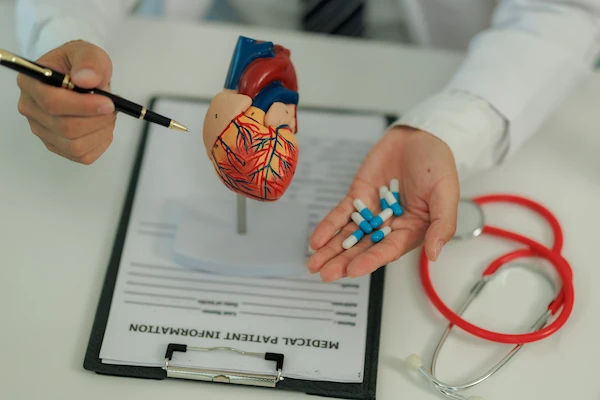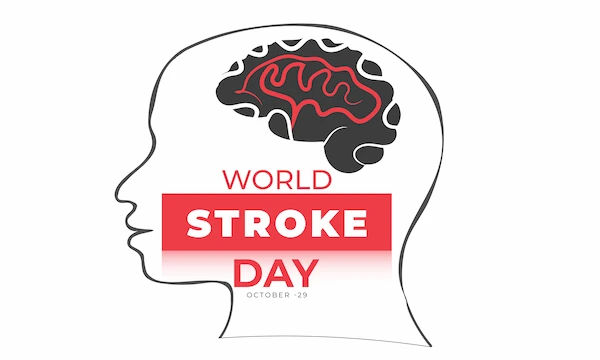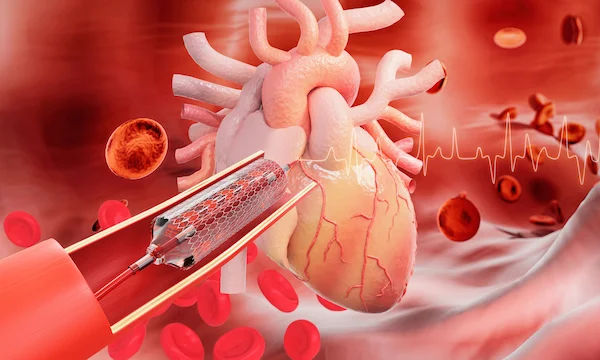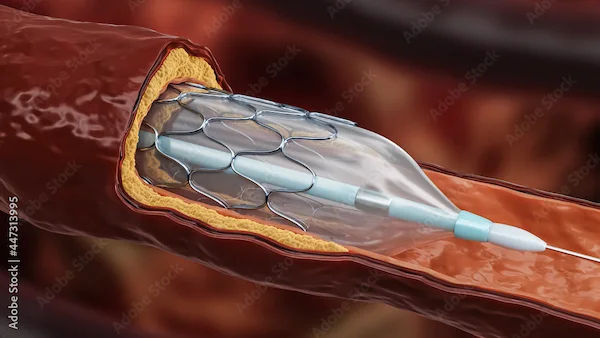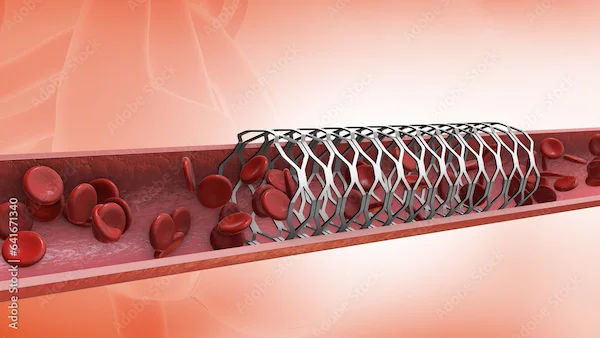Heart Attack vs Stroke: Which is Worse?
Compare heart attacks and strokes to understand which may be worse based on severity, long-term effects, and survival rates. Learn the differences to recognize risks and seek timely care.


When it comes to serious health emergencies, heart attacks and strokes are two of the most life-threatening conditions. Both can strike suddenly and have severe consequences, but they affect the body in different ways. If you or a loved one is at risk, understanding the differences between these two conditions can help you recognize warning signs early and seek timely medical care.
In this article, we’ll break down the key differences between a heart attack and a stroke, their symptoms, causes, and long-term effects. We’ll also discuss prevention strategies and when to seek medical help.
What is a Heart Attack?
A heart attack (medically known as a myocardial infarction) occurs when blood flow to a part of the heart is blocked, usually due to a blood clot. Without oxygen-rich blood, the heart muscle begins to die, leading to permanent damage if not treated quickly.
Common Symptoms of a Heart Attack
- Chest pain or discomfort (often described as pressure, squeezing, or heaviness)
- Pain spreading to the arms, neck, jaw, or back
- Shortness of breath
- Cold sweat, nausea, or dizziness
- Fatigue or sudden weakness
What Causes a Heart Attack?
Heart attacks are primarily caused by coronary artery disease (CAD), where plaque (fatty deposits) builds up in the arteries, narrowing them and reducing blood flow. Other risk factors include:
- High blood pressure
- High cholesterol
- Smoking
- Diabetes
- Obesity
- Lack of physical activity
- Family history of heart disease
What is a Stroke?
A stroke occurs when blood flow to a part of the brain is interrupted, either due to a blockage (ischemic stroke) or a ruptured blood vessel (hemorrhagic stroke). Without oxygen, brain cells begin to die within minutes, leading to potential brain damage.
Common Symptoms of a Stroke (Remember FAST)
- Face drooping (one side of the face becomes numb or droops)
- Arm weakness (one arm drifts downward when raised)
- Speech difficulty (slurred or confused speech)
- Time to call emergency services (immediate medical help is crucial)
Other symptoms may include:
- Sudden severe headache
- Vision problems in one or both eyes
- Loss of balance or coordination
- Confusion or trouble understanding speech
Consult Top Specialists
What Causes a Stroke?
Strokes can be caused by:
- Ischemic stroke (87% of cases): Blood clot blocking an artery in the brain.
- Haemorrhagic stroke (13% of cases): A burst blood vessel causing bleeding in the brain.
Risk factors include:
- High blood pressure (leading cause)
- Atrial fibrillation (irregular heartbeat)
- High cholesterol
- Diabetes
- Smoking
- Obesity
- Excessive alcohol consumption
Heart Attack vs Stroke: Which is More Dangerous?
Both conditions are life-threatening and require immediate medical attention. However, their severity depends on:
1. Speed of Treatment: The faster you get help, the better the chances of survival and recovery.
2. Area Affected: A heart attack damages the heart, while a stroke affects the brain, potentially causing long-term disability.
3. Recovery Process: Stroke survivors often need extensive rehabilitation (speech, physical, or occupational therapy), while heart attack patients may require lifestyle changes and cardiac rehab.
Statistically:
- Heart attacks have a slightly higher survival rate if treated promptly.
- Strokes can lead to more long-term disabilities (e.g., paralysis, speech problems).
How to Prevent Heart Attacks and Strokes?
The good news is that 80% of heart attacks and strokes are preventable with healthy lifestyle choices. Here’s how you can reduce your risk:
1. Eat a Heart-Healthy Diet
- More fruits, vegetables, whole grains, and lean proteins.
- Less salt, sugar, and processed foods.
- Healthy fats (olive oil, nuts, fish).
2. Stay Physically Active
- Aim for 30 minutes of moderate exercise (walking, swimming, cycling) most days.
3. Quit Smoking & Limit Alcohol
- Smoking damages blood vessels; quitting reduces risk significantly.
- Alcohol in moderation (1 drink/day for women, 2 for men).
4. Manage Chronic Conditions
- Control blood pressure, cholesterol, and diabetes with regular check-ups.
5. Know Your Risk & Get Screened
- If you have a family history of heart disease or stroke, talk to your doctor about preventive screenings.
When to Seek Emergency Help?
Both heart attacks and strokes are medical emergencies. Call for help immediately if you or someone else experiences:
- Heart attack symptoms (chest pain, shortness of breath).
- Stroke symptoms (FAST signs: face drooping, arm weakness, speech difficulty).
Delaying treatment increases the risk of permanent damage or death.
Conclusion
While both heart attacks and strokes are serious, early recognition and prompt treatment can save lives. By adopting a healthy lifestyle and managing risk factors, you can significantly lower your chances of experiencing either condition.
If you have concerns about your heart or brain health, consult a doctor for personalised advice. Apollo 24|7 offers expert consultations and diagnostic tests to help you stay on top of your health. Book an appointment today and take the first step toward a healthier future!
Would you like to schedule a heart health check-up or stroke risk assessment?
Consult Top Specialists
Consult Top Specialists

Dr. Tripti Deb
Cardiologist
40 Years • MBBS, MD, DM, FACC, FESC
Hyderabad
Apollo Hospitals Jubilee Hills, Hyderabad

Dr. Zulkarnain
General Physician
2 Years • MBBS, PGDM, FFM
Bengaluru
PRESTIGE SHANTHINIKETAN - SOCIETY CLINIC, Bengaluru

Dr. Janjirala Seshivardhan
Cardiologist
7 Years • MBBS,DNB(GM),DM(Cardiology)
Manikonda Jagir
Apollo Clinic, Manikonda, Manikonda Jagir
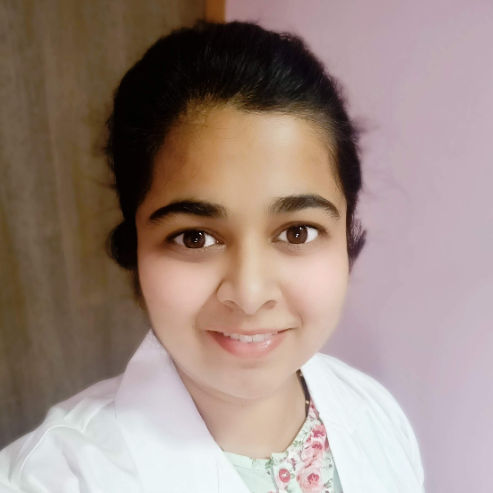
Dr Nazneen Khan
Cardiologist
7 Years • M.B.B.S, M.D (MEDICINE), DrNB CARDIOLOGY
Pune
Apollo Clinic, Viman Nagar, Pune

Dr. E Prabhakar Sastry
General Physician/ Internal Medicine Specialist
40 Years • MD(Internal Medicine)
Manikonda Jagir
Apollo Clinic, Manikonda, Manikonda Jagir
(125+ Patients)
Consult Top Specialists

Dr. Tripti Deb
Cardiologist
40 Years • MBBS, MD, DM, FACC, FESC
Hyderabad
Apollo Hospitals Jubilee Hills, Hyderabad

Dr. Zulkarnain
General Physician
2 Years • MBBS, PGDM, FFM
Bengaluru
PRESTIGE SHANTHINIKETAN - SOCIETY CLINIC, Bengaluru

Dr. Janjirala Seshivardhan
Cardiologist
7 Years • MBBS,DNB(GM),DM(Cardiology)
Manikonda Jagir
Apollo Clinic, Manikonda, Manikonda Jagir

Dr Nazneen Khan
Cardiologist
7 Years • M.B.B.S, M.D (MEDICINE), DrNB CARDIOLOGY
Pune
Apollo Clinic, Viman Nagar, Pune

Dr. E Prabhakar Sastry
General Physician/ Internal Medicine Specialist
40 Years • MD(Internal Medicine)
Manikonda Jagir
Apollo Clinic, Manikonda, Manikonda Jagir
(125+ Patients)
